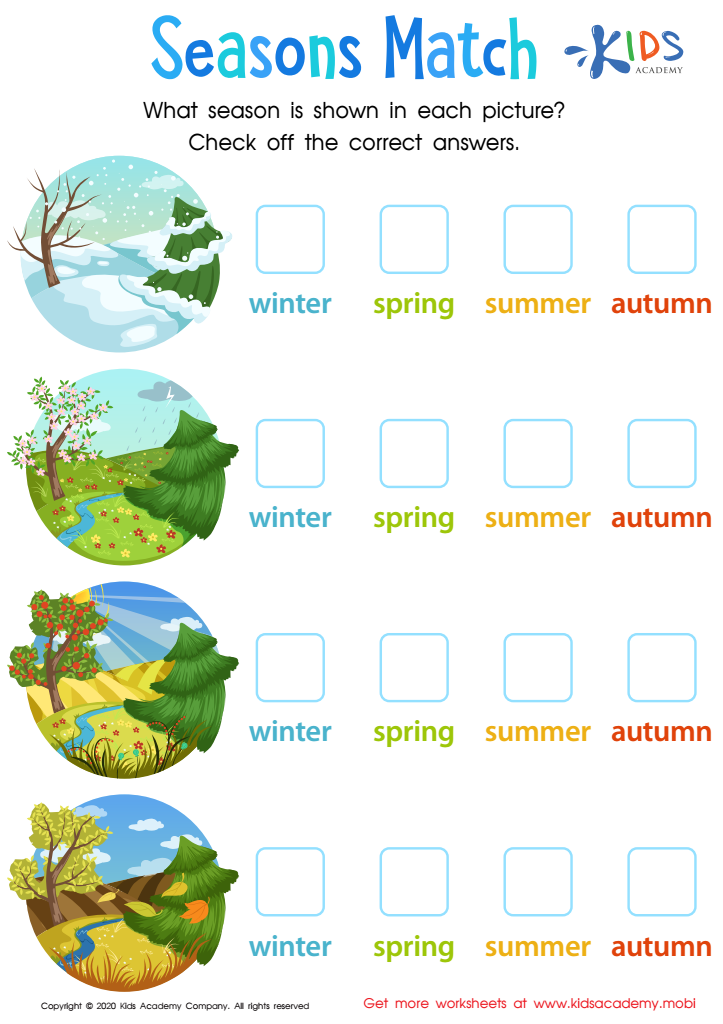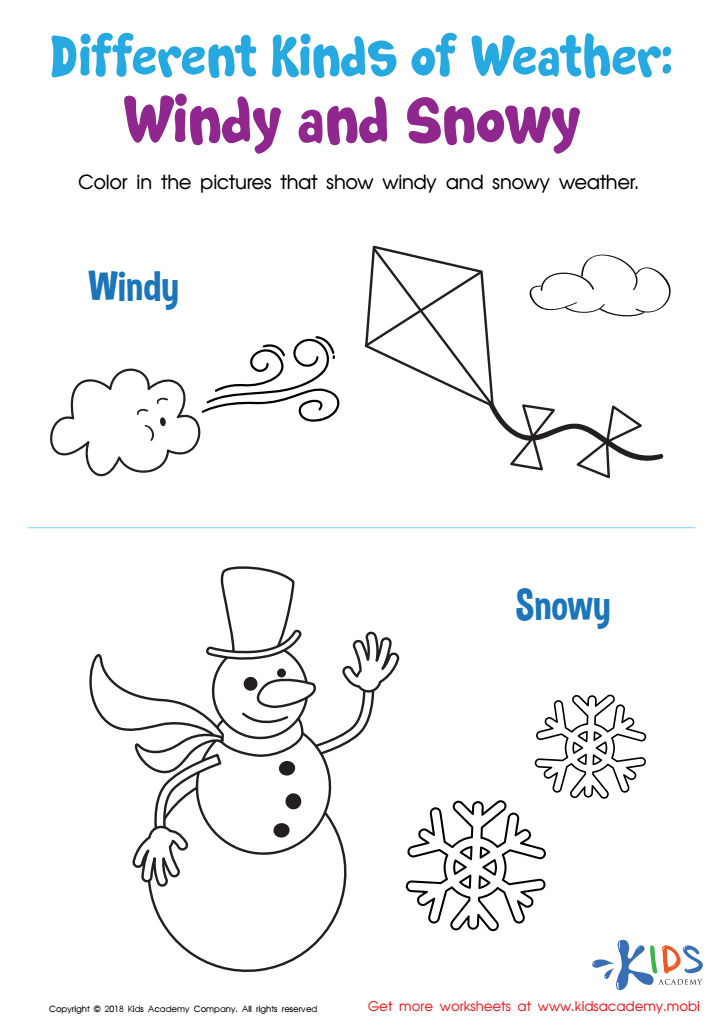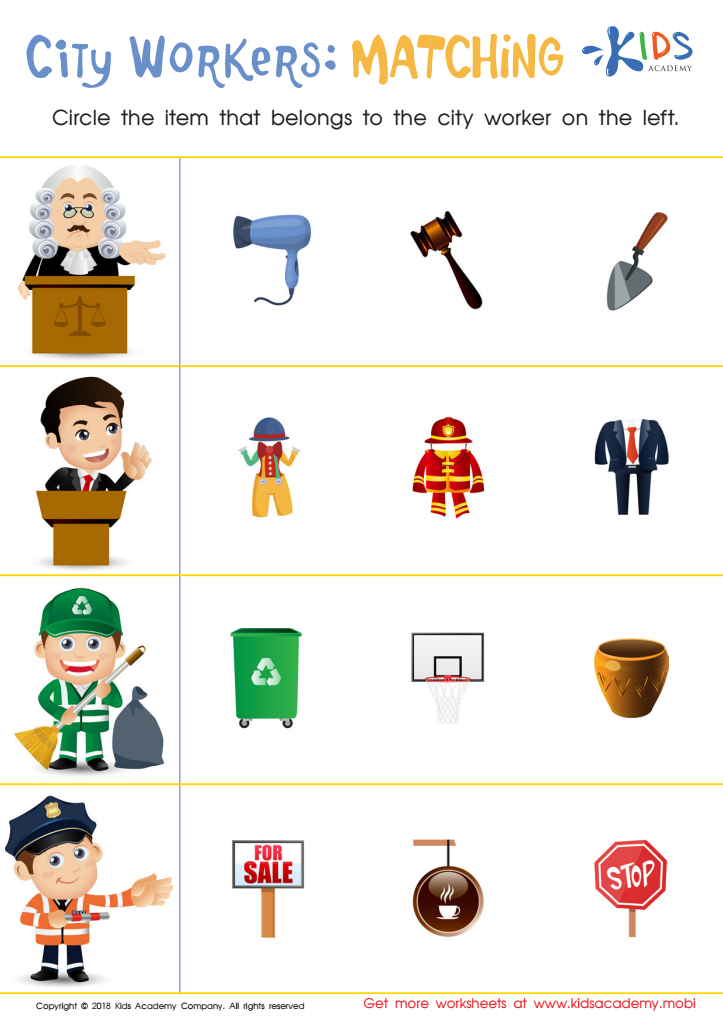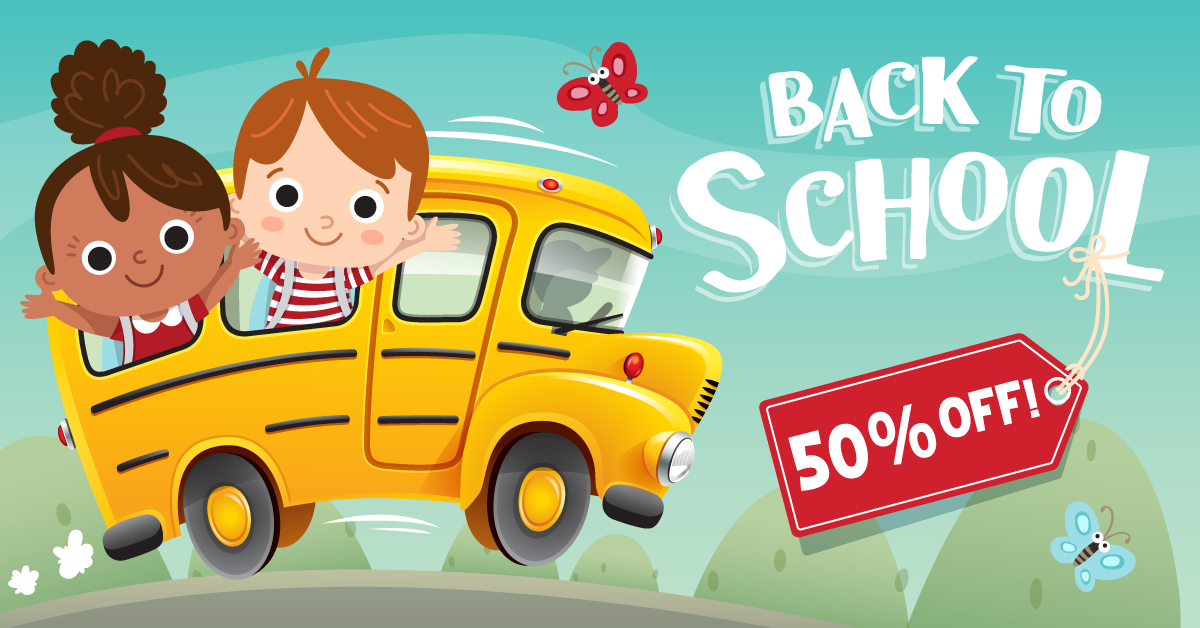Matching skills Normal Social Studies Worksheets for Ages 6-9
3 filtered results
-
From - To
Unlock your child's potential with our "Matching Skills Normal Social Studies Worksheets" designed specifically for ages 6-9. These engaging worksheets help young learners develop essential matching skills through fun activities centered around social studies topics. Children will connect related concepts, enhancing their understanding of community, geography, and cultural diversity. Our interactive resources foster critical thinking and improve vocabulary while keeping students motivated and entertained. Perfect for classroom use or homework assignments, these printable worksheets are easy to access and adaptable to various learning styles. Empower your child’s learning journey and make social studies come alive with our colorful and captivating matching skills worksheets!


Seasons Match Worksheet


Different Kinds of Weather: Windy and Snowy Worksheet


City Workers: Matching Worksheet
Parents and teachers play a crucial role in the social development of children aged 6-9, and understanding matching skills in social studies is vital for this process. Matching skills refer to the ability of children to identify similarities and connections between different concepts, which is essential for grasping social structures, communities, and cultures.
At this age, children are developing their ability to think critically about their environment and their place within society. By helping them enhance their matching skills, parents and teachers enable children to make comparisons, identify patterns, and understand relationships in social studies content. For example, recognizing how different communities share common needs or how various cultures influence one another can foster empathy, respect, and appreciation for diversity.
Additionally, strong matching skills contribute to children's overall cognitive development, equipping them with the tools needed for problem-solving and analytical thinking in other subjects. It lays the groundwork for more complex reasoning as they progress in their education.
Moreover, by engaging children in discussions and activities that utilize these skills, adults can cultivate important social competencies, such as collaboration and communication, essential for lifelong learning and citizenship. Therefore, prioritizing matching skills in social studies is vital for holistic child development.

 Assign to My Students
Assign to My Students




















